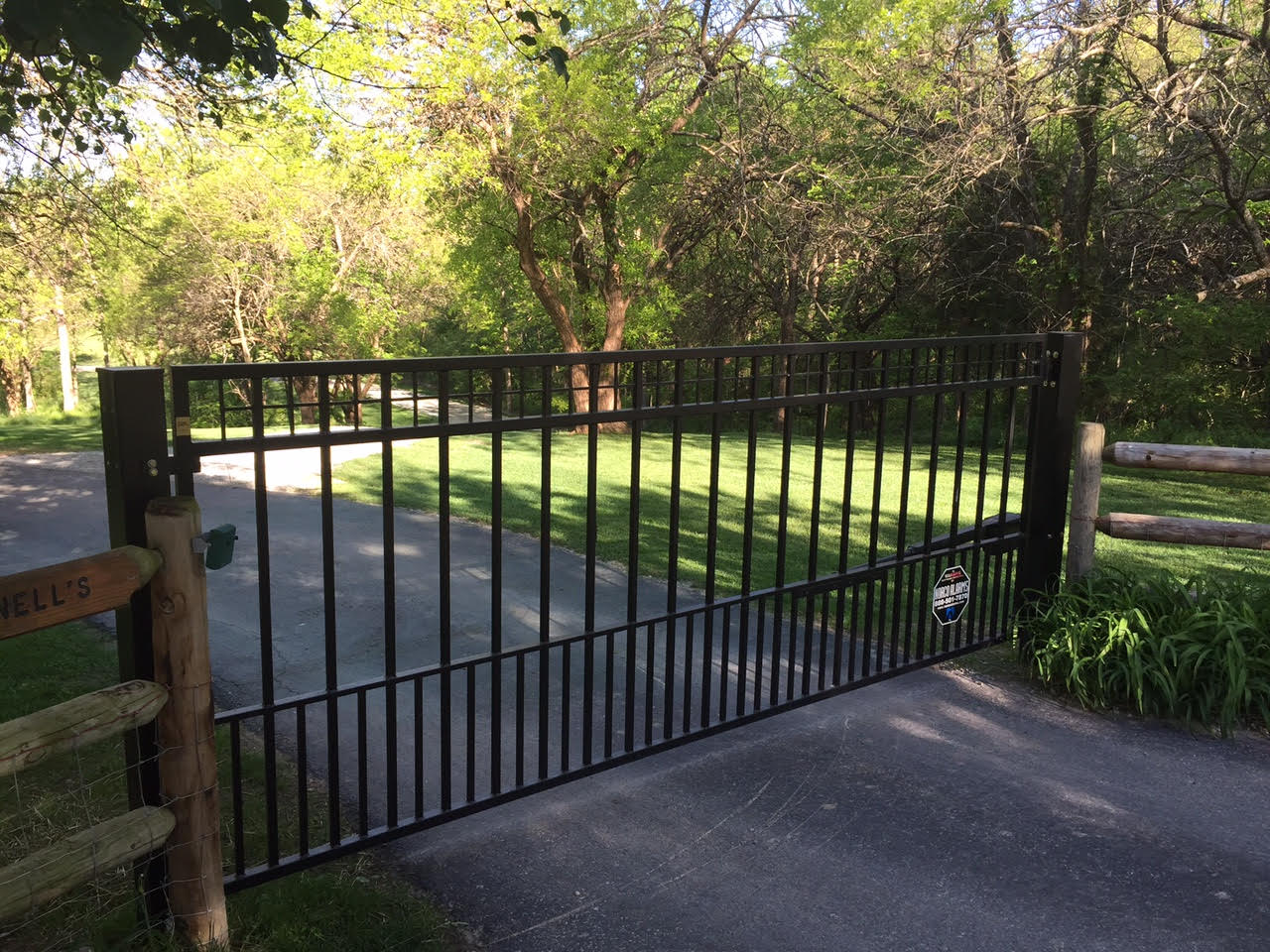

Articles
How Much Do Driveway Gates Cost
Modified: October 20, 2024
Find out the average cost of driveway gates in this informative article. Explore various factors that impact pricing and make an informed decision for your property.
(Many of the links in this article redirect to a specific reviewed product. Your purchase of these products through affiliate links helps to generate commission for Storables.com, at no extra cost. Learn more)
Introduction
In today’s world, securing our homes and properties has become a top priority. One effective way to enhance security and add elegance to your property is by installing a driveway gate. Driveway gates not only provide privacy and control access, but they also add value and curb appeal to your home.
However, before diving into the world of driveway gates, it’s important to understand the factors that affect their costs. This comprehensive guide will provide you with valuable insights into the different types of driveway gates, the materials used, additional features and accessories, professional installation, as well as maintenance and repair costs.
By the end of this article, you’ll have a solid understanding of the cost considerations associated with driveway gates and be well-equipped to make an informed decision.
Key Takeaways:
- Driveway gate costs are influenced by factors such as size, design, material, automation, location, and installation method. Consider these elements to make an informed decision that aligns with your budget and property needs.
- Choosing the right type and material for your driveway gate, along with additional features and accessories, can enhance security, aesthetics, and functionality. Whether opting for professional installation or DIY, proper maintenance is essential for long-term durability and performance.
Read more: How To Install A Driveway Gate
Factors Affecting Driveway Gate Costs
Several factors come into play when determining the cost of a driveway gate. Understanding these factors will help you budget accordingly and make an informed decision. Here are the main factors that affect the cost of a driveway gate:
- Size and Design: The size and design of the gate play a significant role in determining its cost. Larger gates or intricate designs often require more materials and labor, thus increasing the overall cost.
- Material: The material used for the gate greatly impacts the cost. Common materials include wood, iron, steel, aluminum, and vinyl, each with its own price range. Iron and steel gates are generally more expensive, while vinyl gates tend to be more affordable.
- Automation: Adding an automated system to your driveway gate can significantly increase the cost. The type of automation, such as a basic keypad entry or a sophisticated intercom system, will impact the overall price.
- Accessories: Additional accessories, such as decorative elements, lighting, and security features, can elevate the cost of a driveway gate. These accessories not only enhance the aesthetics but also contribute to the functionality and security of the gate.
- Location: Your geographical location can affect the cost of a driveway gate. Factors such as labor rates, local regulations, and transportation costs may vary from one region to another, impacting the overall price.
- Installation: The method of installation, whether you choose to hire a professional or opt for a do-it-yourself approach, can impact the cost. Professional installation ensures proper fitting and functionality but comes at a higher price.
It’s important to keep in mind that while cost is a crucial factor, it shouldn’t be the sole deciding factor. Consider your specific needs, desired aesthetics, and long-term maintenance requirements when choosing a driveway gate that best suits your property and budget.
Types of Driveway Gates
Driveway gates come in various styles and designs, each offering its own set of benefits and aesthetic appeal. Here are some of the most common types of driveway gates:
- Swing Gates: Swing gates are one of the most traditional and popular types of driveway gates. They operate by swinging open either inward or outward. These gates typically require sufficient space to fully swing open, making them ideal for larger properties.
- Sliding Gates: Sliding gates are a practical choice when space is limited. These gates slide horizontally along a track, allowing them to open and close smoothly. Sliding gates are often used in commercial properties or areas with limited driveway space.
- Vertical Lift Gates: Vertical lift gates are an excellent option for properties with limited space as well as those seeking enhanced security. These gates open by lifting vertically, taking up minimal space and providing a high level of security.
- Bi-Fold Gates: Bi-fold gates are a combination of swing and sliding gates. They consist of two hinged panels that fold inward or outward to open and close. Bi-fold gates are a space-saving option that offers a modern and sleek look.
- Barrier Arm Gates: Barrier arm gates are commonly used in commercial and industrial settings. These gates feature a horizontal arm that lifts vertically to allow or restrict access. Barrier arm gates are a cost-effective option for controlling vehicular traffic.
When choosing the right type of driveway gate for your property, consider factors such as available space, desired level of security, and overall aesthetics. Each type of gate has its own advantages and limitations, so be sure to select the one that best suits your needs and complements the architectural style of your property.
Material Options for Driveway Gates
The material you choose for your driveway gate is not only important for its durability and functionality but also for its visual appeal. Here are some popular material options for driveway gates:
- Wood: Wood is a timeless and natural choice for driveway gates. It offers a classic, warm aesthetic and can be customized with various stains and finishes to match your desired look. Wood gates require regular maintenance to protect against rot and weather damage.
- Iron: Iron gates exude elegance and strength. They are highly durable and provide excellent security. Iron gates can be intricately designed and offer a regal appearance. However, they may require periodic maintenance to prevent rust and corrosion.
- Steel: Steel gates are known for their durability and strength, making them an excellent choice for both residential and commercial properties. They require minimal maintenance and can be customized with different finishes to suit your desired look.
- Aluminum: Aluminum gates are lightweight, corrosion-resistant, and low-maintenance. They offer versatility in terms of design options and can be powder-coated to achieve various colors and finishes. Aluminum gates are a popular choice due to their affordability and durability.
- Vinyl: Vinyl gates provide a low-maintenance and affordable solution. They are resistant to rust, rot, and pests, making them an ideal choice for those seeking longevity and ease of maintenance. Vinyl gates come in a variety of styles and colors.
Each material option has its own characteristics, advantages, and price range. Consider factors such as durability, maintenance requirements, and the overall look you want to achieve when selecting the material for your driveway gate.
Additionally, it’s important to note that combining materials is also a possibility. For example, you can have an iron frame with wood infill or a steel gate with decorative aluminum accents. This can provide a unique and customized look while incorporating the benefits of multiple materials.
Additional Features and Accessories
When installing a driveway gate, you have the option to enhance its functionality and aesthetics by adding additional features and accessories. These can elevate the overall look of your gate while providing added convenience and security. Here are some popular options:
- Remote Control: A remote control system allows you to conveniently open and close your driveway gate with the push of a button, providing ease of access from your vehicle.
- Keypad Entry: Keypad entry systems are a popular choice for residential and commercial properties. They provide secure access control by requiring a unique code to open the gate.
- Intercom System: An intercom system enables communication between the gate and your home or office. This allows you to verify visitors before granting them access to your property.
- Video Surveillance: Installing video surveillance cameras near your driveway gate adds an extra layer of security. This allows you to monitor activity and record footage for potential security incidents.
- Security Lighting: Well-placed lighting around your driveway gate improves visibility at night and deters potential intruders. Consider options such as motion-activated lights or LED fixtures for energy efficiency.
- Decorative Features: Enhance the aesthetic appeal of your driveway gate by incorporating decorative features such as scrollwork, embossed designs, or custom patterns. These decorative elements can add a touch of elegance and personality to your gate.
When choosing additional features and accessories, consider the level of security and convenience that you desire, as well as your budget. It’s important to strike a balance between functionality, aesthetics, and affordability to ensure that your driveway gate meets all your requirements.
Consult with a professional gate installer to determine the best options for your specific needs and ensure seamless integration of these features into your driveway gate system.
When considering the cost of driveway gates, factors such as material, size, and automation can significantly impact the price. It’s important to research and compare different options to find the best fit for your budget and needs.
Read more: How To Make Driveway Gates
Hiring a Professional for Gate Installation
Installing a driveway gate is a complex task that requires expertise and precision. While some homeowners may choose to embark on a do-it-yourself approach, hiring a professional for gate installation offers numerous benefits. Here’s why it’s recommended to entrust the installation to an experienced contractor:
- Expertise and Experience: Professional gate installers have the knowledge and experience to handle the intricacies of gate installation. They are familiar with the different types of gates and their specific installation requirements, ensuring a proper and secure fit.
- Access to Tools and Equipment: Gate installation often requires specialized tools and equipment. Professional contractors have access to the necessary tools, allowing them to complete the installation efficiently and effectively.
- Compliance with Local Regulations: The installation of a driveway gate may be subject to local regulations and codes. Professional installers are well-versed in these regulations and will ensure that the gate installation adheres to all necessary requirements, saving you potential legal complications.
- Labor and Time Savings: Installing a driveway gate can be a time-consuming process. Hiring a professional allows you to focus on other tasks while the experts handle the installation. Additionally, professionals work efficiently, reducing the overall time needed for the installation.
- Warranty and Maintenance Services: Reputable gate installers often provide warranties for their work, giving you peace of mind in case any issues arise. They can also offer maintenance services to keep your gate in optimal condition, prolonging its lifespan.
When selecting a professional for gate installation, consider their reputation, experience, and customer reviews. Request a detailed quote and ask about warranties, timelines, and any additional services they offer. It’s important to choose a qualified and licensed contractor to ensure a successful installation process.
By hiring a professional for gate installation, you can ensure that the installation is done correctly and enjoy the benefits of a functional and aesthetically pleasing driveway gate.
DIY Driveway Gate Installation
While hiring a professional for driveway gate installation is recommended, some homeowners may prefer to take on the task themselves. DIY driveway gate installation can be a viable option for those with the necessary skills, tools, and time. Here are some considerations if you decide to install your driveway gate yourself:
- Research and Planning: Start by researching the different types of driveway gates and their installation requirements. Take measurements of your driveway and determine the appropriate size and style of gate that will fit your property.
- Gate and Material Selection: Choose the type of gate and material that suits your needs and budget. Consider factors such as durability, maintenance, and overall aesthetics. Purchase the necessary materials and ensure you have all the required tools on hand.
- Follow Manufacturer Instructions: Carefully review the manufacturer’s instructions provided with the gate and any additional hardware. Familiarize yourself with the installation process and ensure you have a clear understanding of each step.
- Prepare the Installation Area: Clear the area where the gate will be installed. Remove any obstacles or debris that may obstruct the installation process or affect the gate’s functionality. Level the ground if necessary to ensure a secure installation.
- Installation Process: Follow the step-by-step instructions provided by the manufacturer. This typically involves positioning the gate, attaching hinges or rollers, securing the gate to the posts or track, and adjusting for proper alignment and operation.
- Safety Considerations: Prioritize safety throughout the installation process. Use protective gear, work in pairs if needed, and exercise caution when handling heavy materials or operating power tools.
- Testing and Adjustments: Once the gate is installed, thoroughly test its functionality. Open and close the gate to ensure smooth operation and proper alignment. Make any necessary adjustments to hinges, rollers, or latches to achieve optimal performance.
- Maintenance and Safety: Regularly inspect and maintain your DIY driveway gate to ensure its longevity and safe operation. Lubricate moving parts, check for loose screws or bolts, and address any issues promptly to prevent further damage.
It’s important to note that DIY driveway gate installation requires a certain level of skill, time, and effort. If you are unfamiliar with construction or gate installation, or if you have a large or complex gate, it’s recommended to hire a professional for the installation to ensure a proper and secure fit.
Remember to consult local regulations and obtain any necessary permits before embarking on a DIY driveway gate installation project.
Maintenance and Repair Costs
Maintenance is essential to ensure the longevity and proper functioning of your driveway gate. Regular maintenance helps identify and address minor issues before they escalate into larger problems. Additionally, occasional repairs may be necessary to keep your gate functioning optimally. Here are some maintenance and repair costs to consider:
- Lubrication: Regularly lubricating the moving parts of your driveway gate, such as hinges, rollers, and tracks, helps prevent friction and ensures smooth operation. The cost of lubricants is minimal and can be done as part of routine maintenance.
- Painting or staining: Depending on the material of your gate, periodic repainting or restaining may be required to protect it from weather damage and maintain its appearance. The cost will vary depending on the size of the gate and the type of paint or stain used.
- Replacement Parts: Over time, certain components of your driveway gate may wear out or become damaged. Replacement parts such as hinges, rollers, or latches may need to be purchased. The cost will depend on the specific part and the gate’s design.
- Electronic Component Maintenance: If your driveway gate is automated, regular maintenance of the electronic components is crucial. This includes checking and replacing batteries, inspecting wiring, and ensuring the proper functioning of keypads or intercom systems. The cost will vary depending on the complexity of the system and any required repairs or replacements.
- Gate Motor Repair: If your automated gate experiences motor issues or malfunctions, repair costs may be incurred. These costs can vary depending on the extent of the damage and the complexity of the motor system.
- Professional Maintenance Service: Some homeowners prefer to hire professionals for regular maintenance of their driveway gates. This service typically includes inspection, lubrication, adjustment, and any necessary minor repairs. The cost will depend on the service provider, the size of the gate, and the scope of the maintenance required.
It’s important to budget for regular maintenance and occasional repairs to prevent larger and more costly problems down the line. Timely maintenance and prompt repairs will help preserve the integrity and functionality of your driveway gate.
Remember to consult the manufacturer’s guidelines and any warranty information when performing maintenance or repairs to ensure you follow the recommended procedures and avoid voiding any warranties.
Conclusion
Driveway gates are an excellent addition to any property, offering security, privacy, and aesthetic appeal. When considering the installation of a driveway gate, it’s important to understand the factors that affect its costs, including size, design, material, automation, location, and installation method.
There are various types of driveway gates to choose from, such as swing gates, sliding gates, vertical lift gates, bi-fold gates, and barrier arm gates. Each type presents its own advantages and considerations in terms of space, security, and style.
The material of your driveway gate is also a crucial consideration. Wood, iron, steel, aluminum, and vinyl are popular options, each with its own pros and cons in terms of durability, maintenance, and cost.
Additional features and accessories can further enhance the functionality and visual appeal of your driveway gate. Remote control systems, keypad entry, intercoms, video surveillance, security lighting, and decorative features are just a few options to consider.
When it comes to installation, hiring a professional ensures expertise, access to tools, compliance with regulations, and time savings. However, for DIY enthusiasts, driveway gate installation can be achieved with proper research, planning, and careful execution.
Maintenance and occasional repairs are essential for keeping your driveway gate in optimal condition. Costs for maintenance include lubrication, painting or staining, replacement parts, electronic component upkeep, gate motor repair, and professional maintenance services.
In conclusion, a driveway gate adds value, security, and curb appeal to your property. Whether you choose to hire a professional or take the DIY route, weigh the costs, consider your specific needs, and select the gate and features that best align with your budget and preferences. By investing in a well-designed and properly maintained driveway gate, you can enhance the beauty and security of your property for years to come.
Frequently Asked Questions about How Much Do Driveway Gates Cost
Was this page helpful?
At Storables.com, we guarantee accurate and reliable information. Our content, validated by Expert Board Contributors, is crafted following stringent Editorial Policies. We're committed to providing you with well-researched, expert-backed insights for all your informational needs.
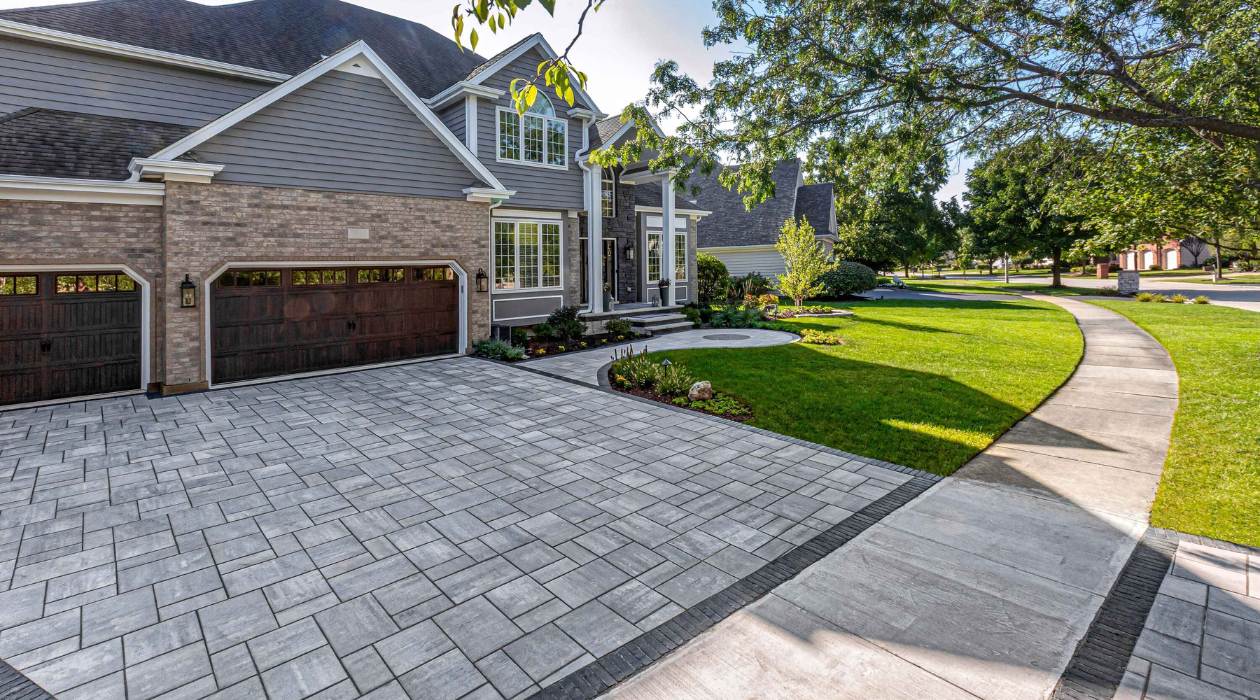
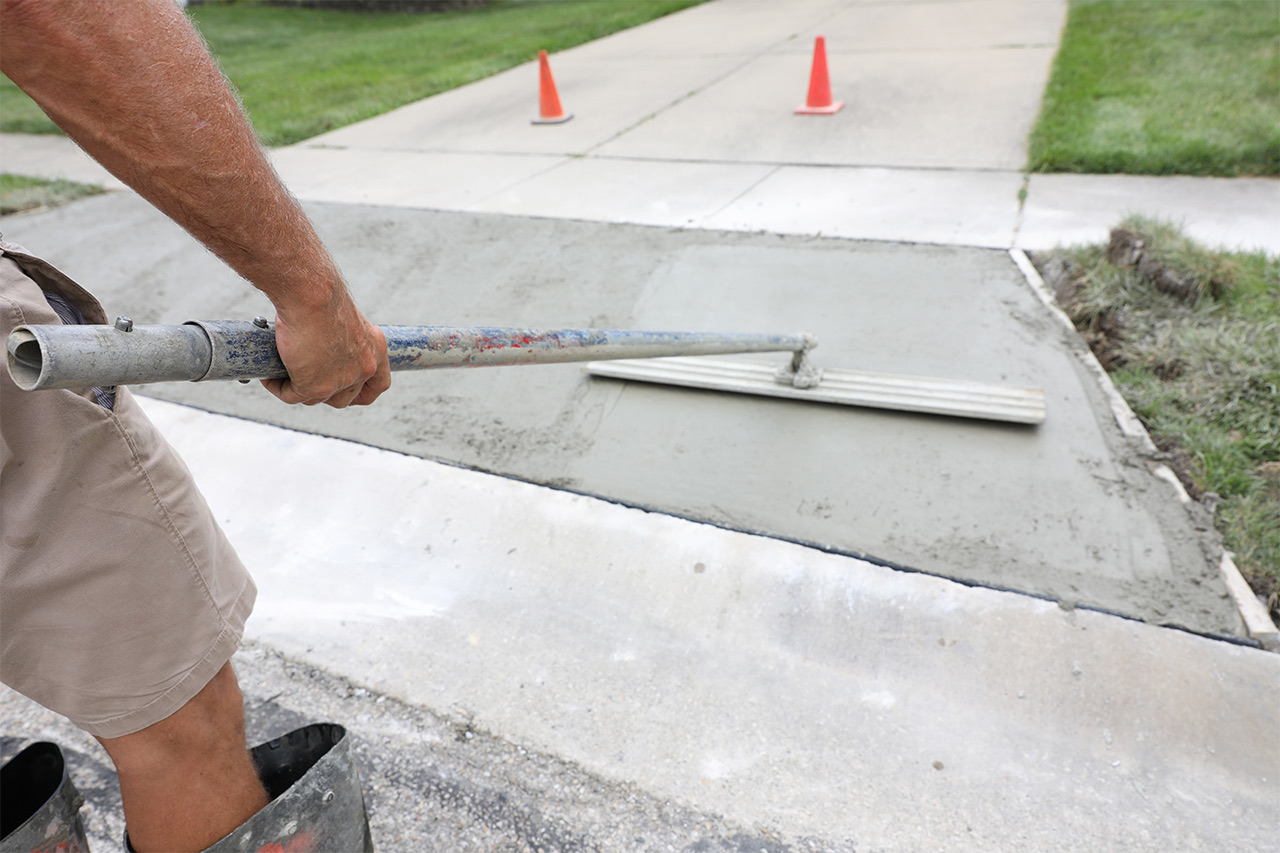
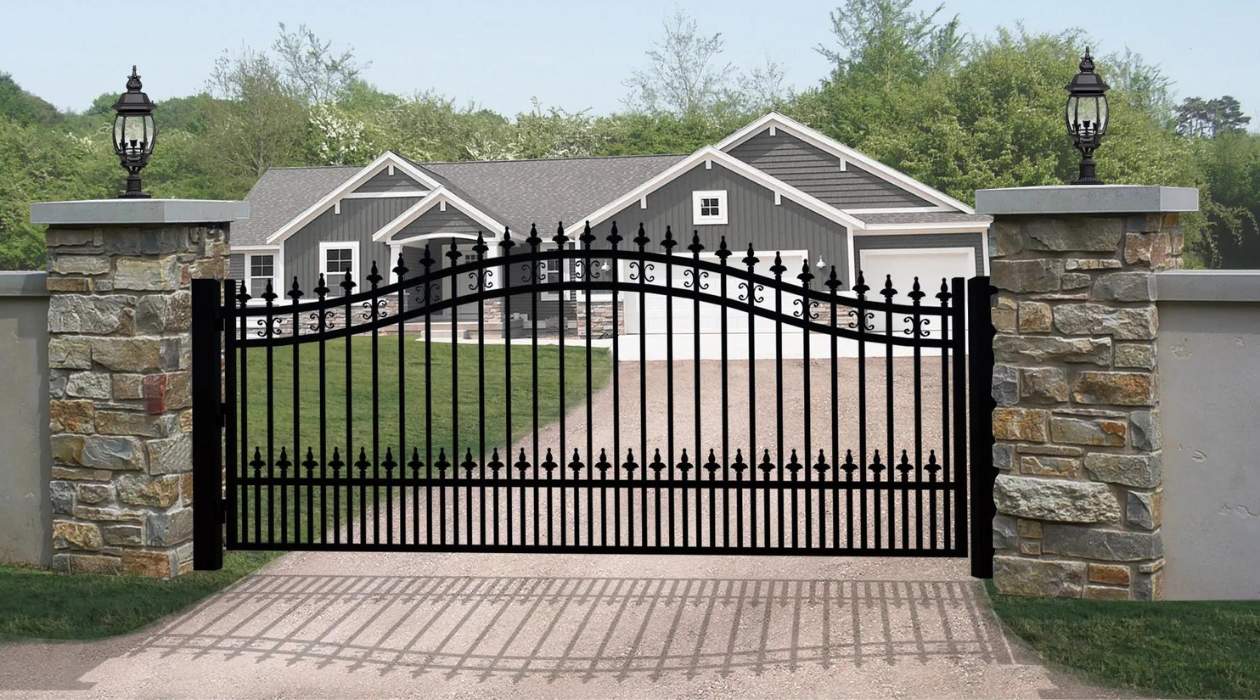

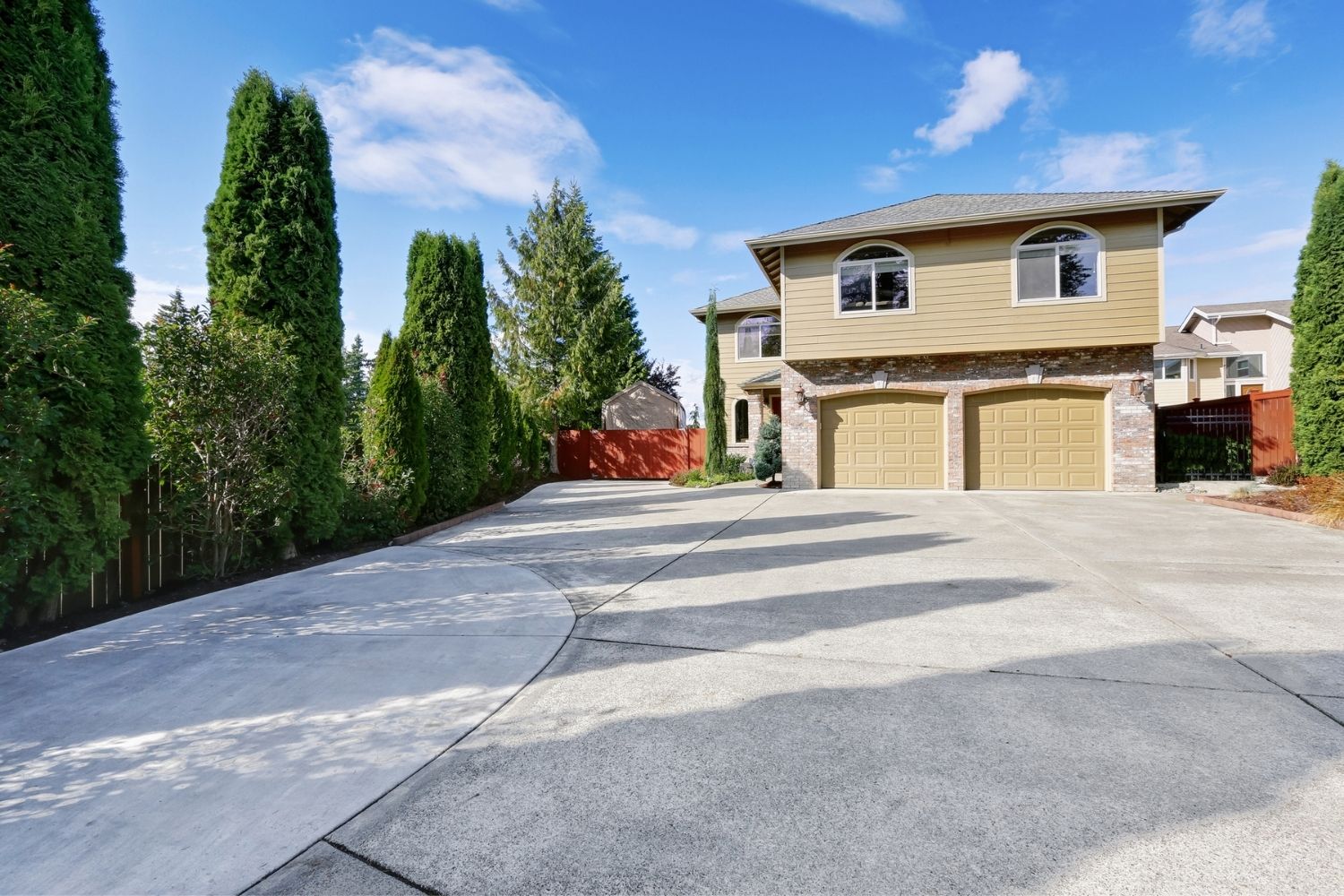
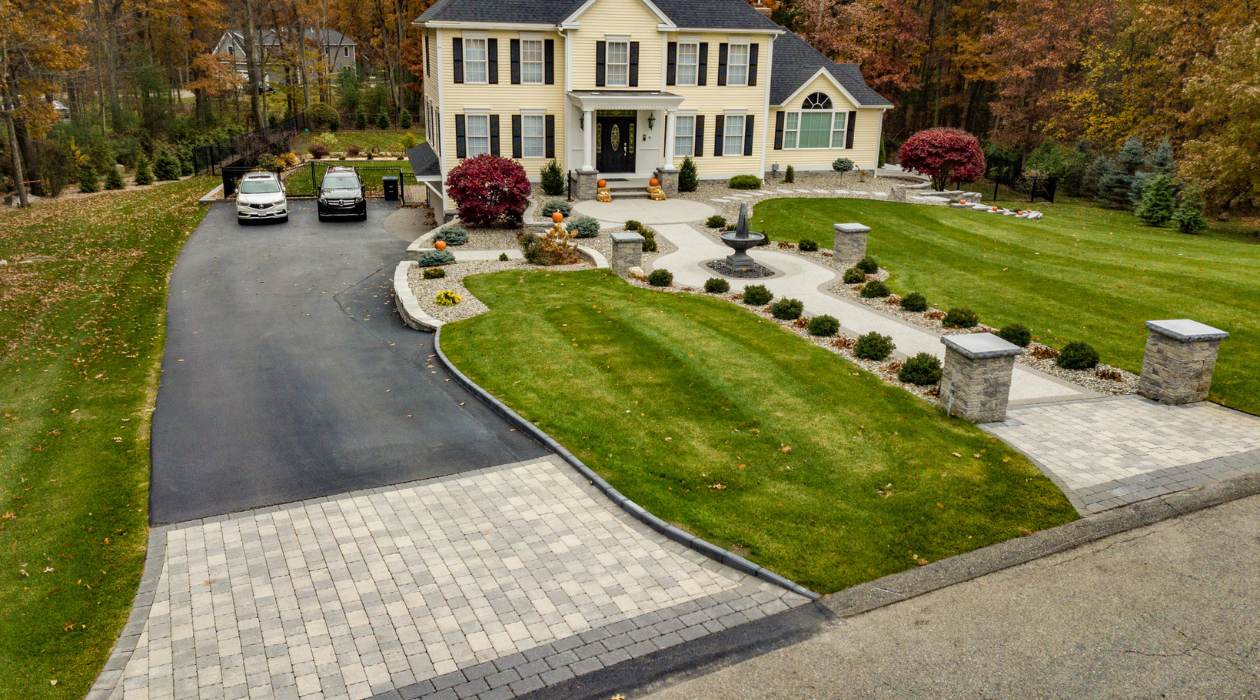
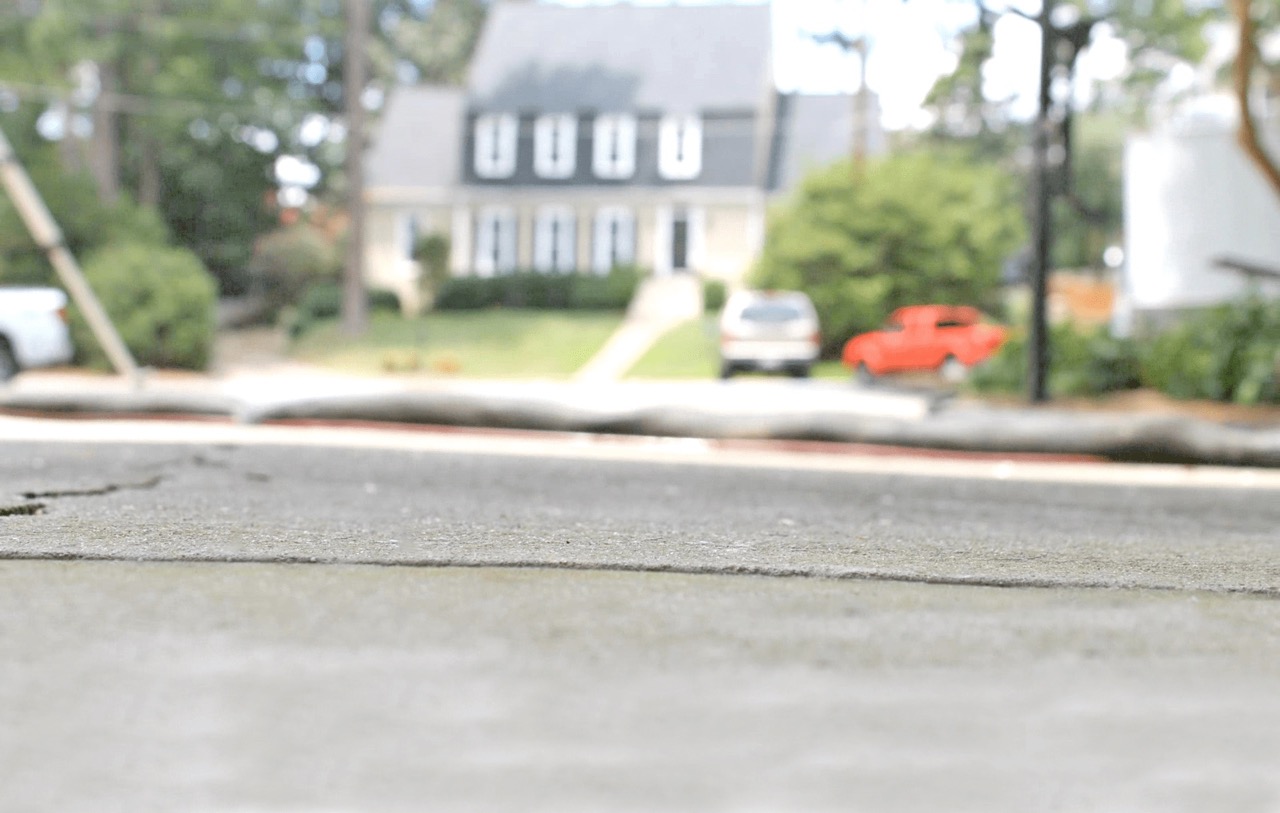
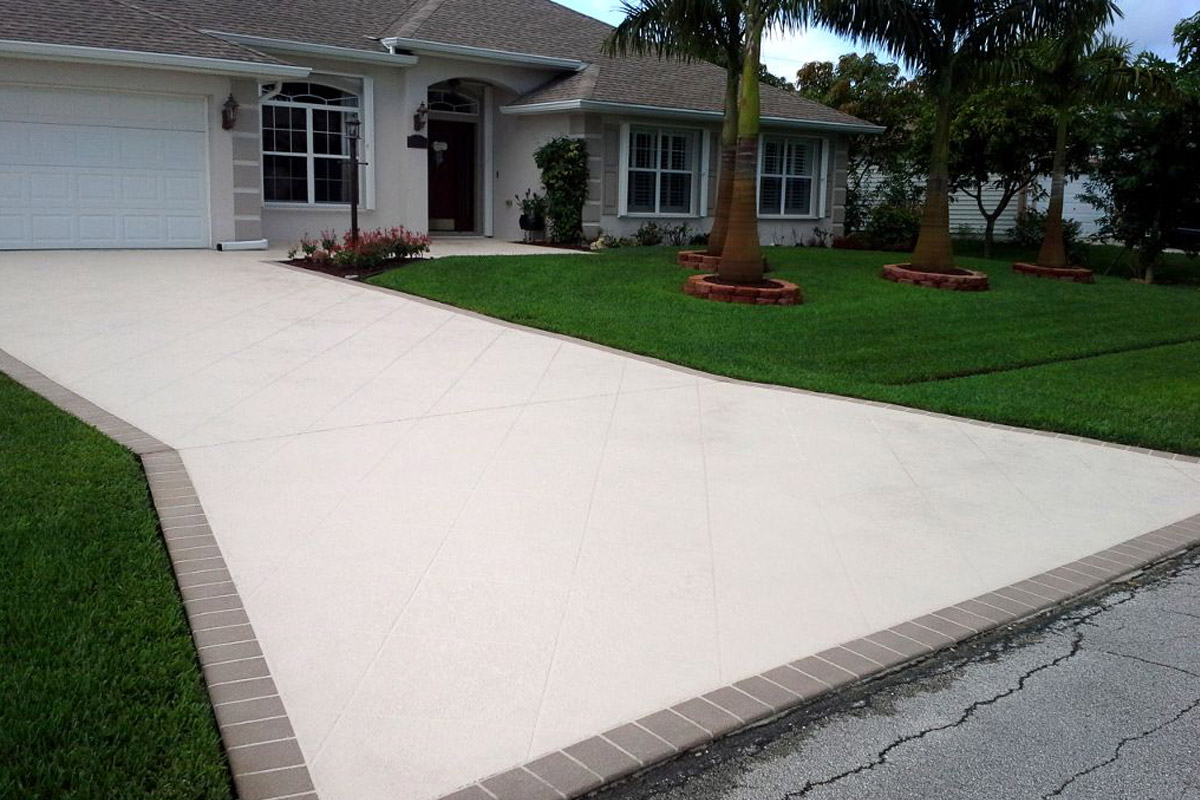

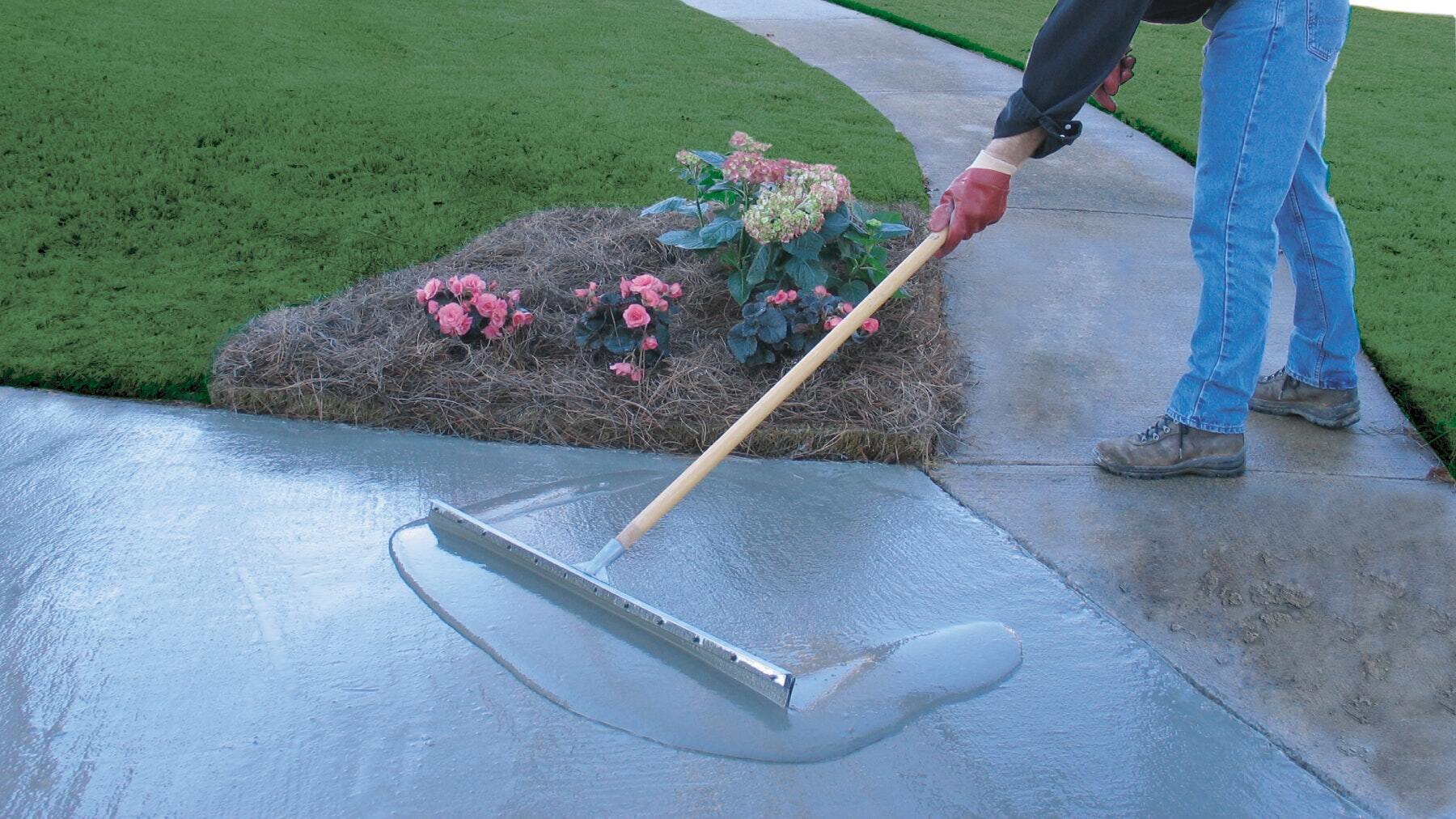
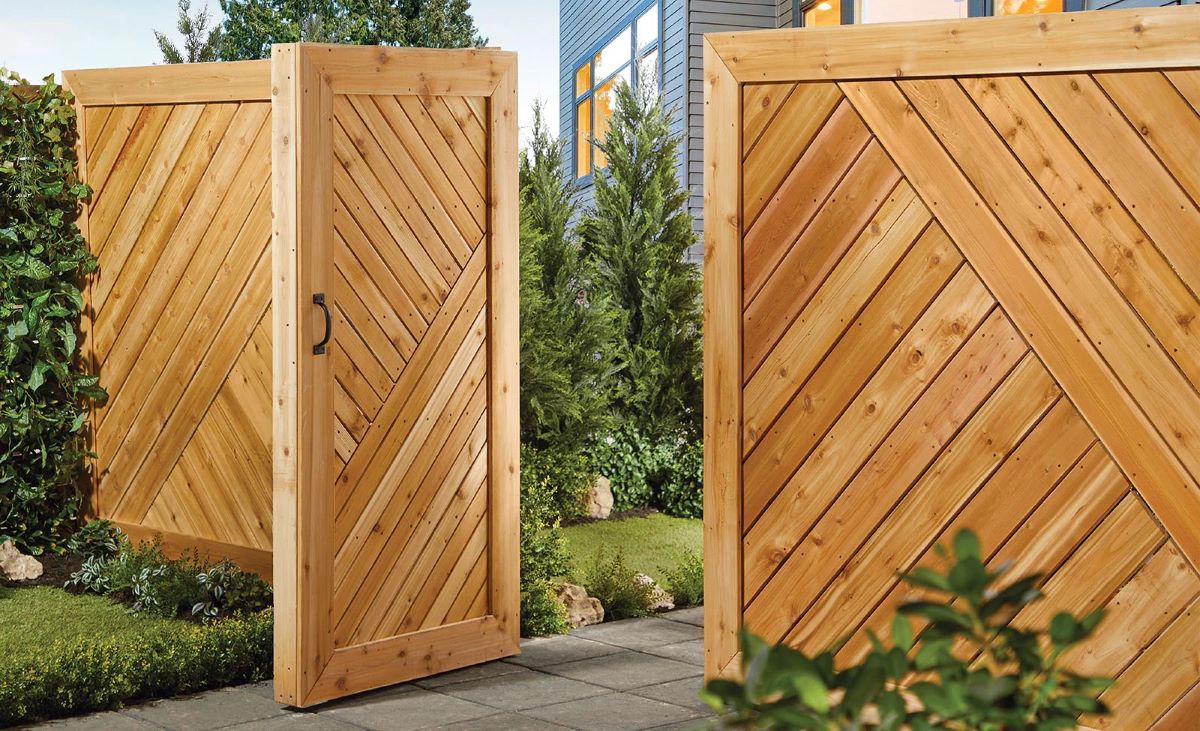
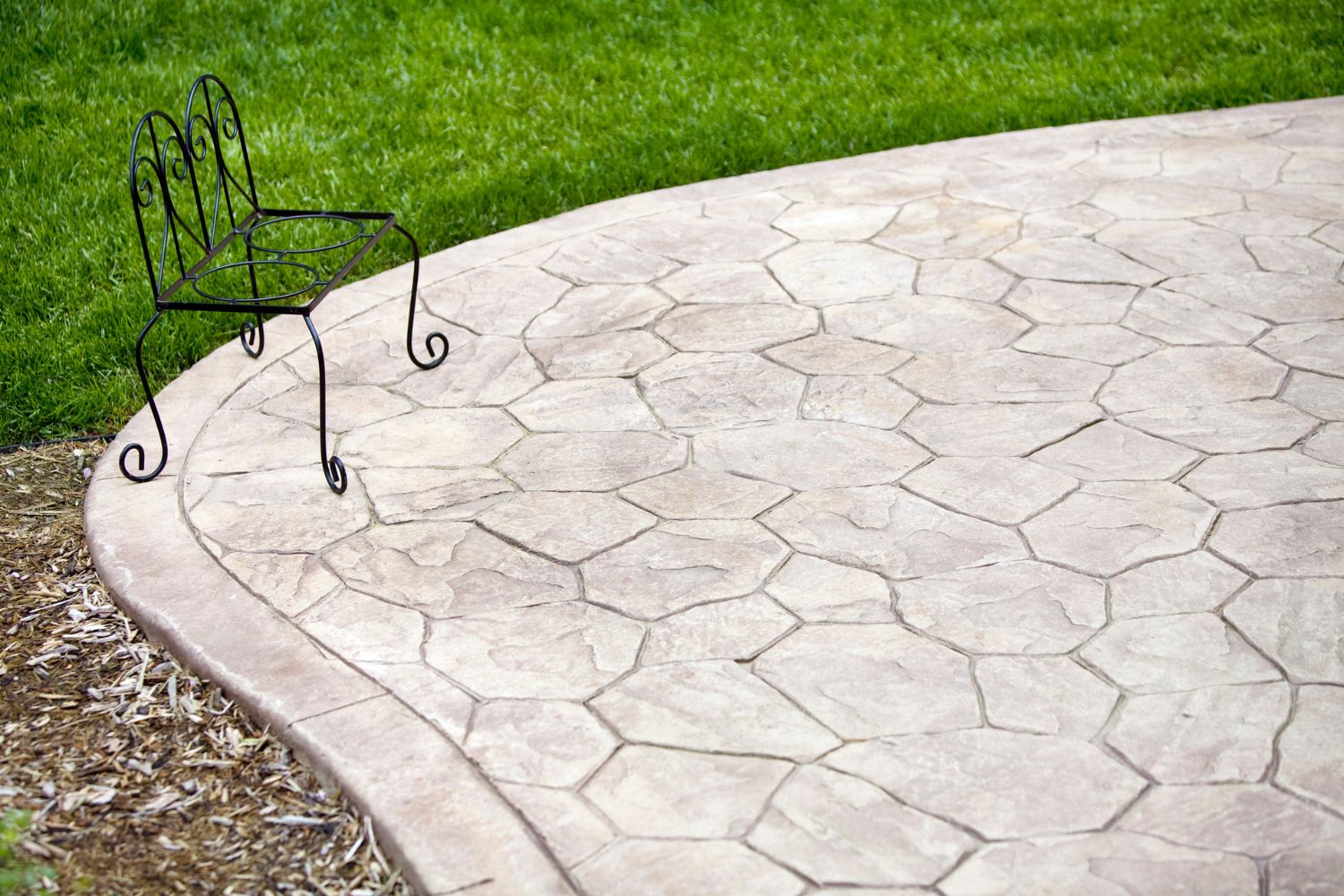
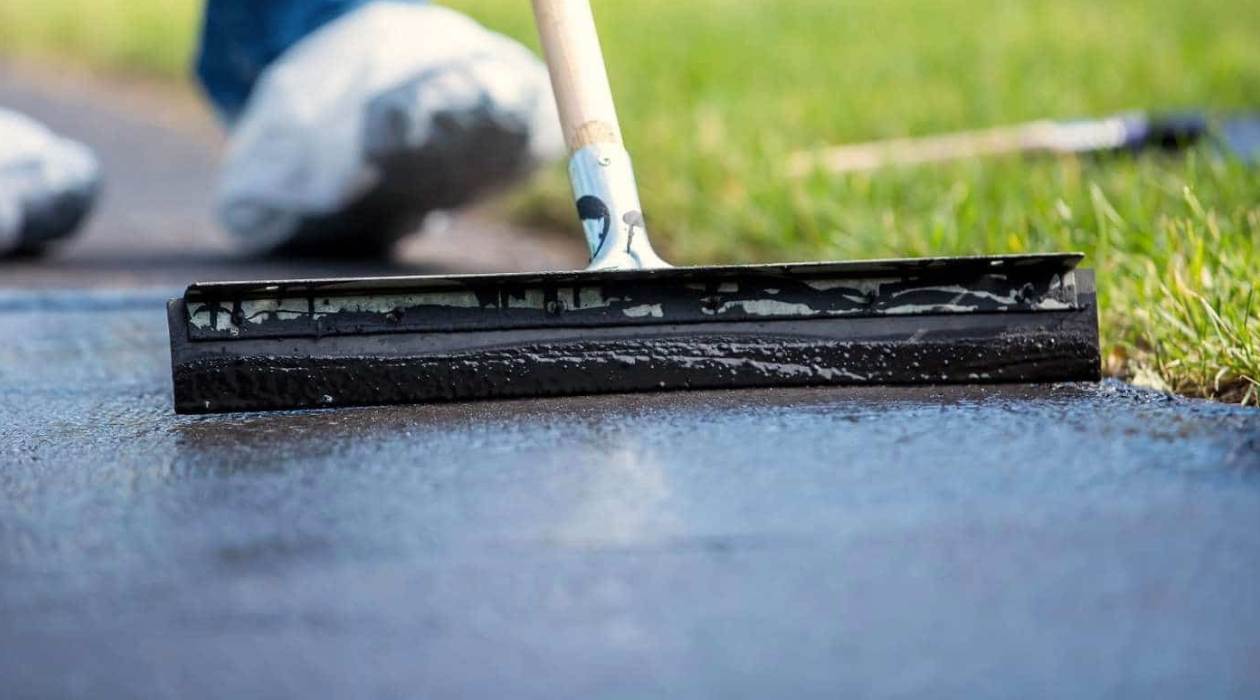
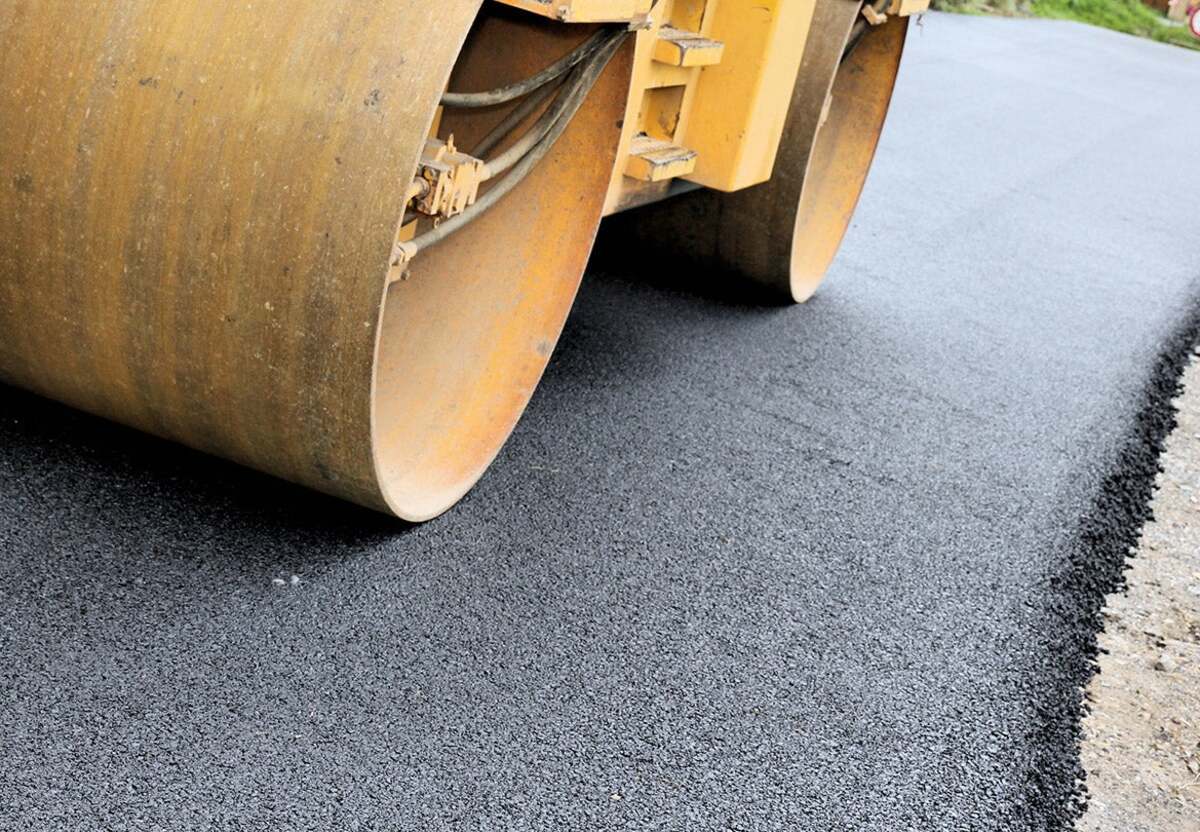

0 thoughts on “How Much Do Driveway Gates Cost”